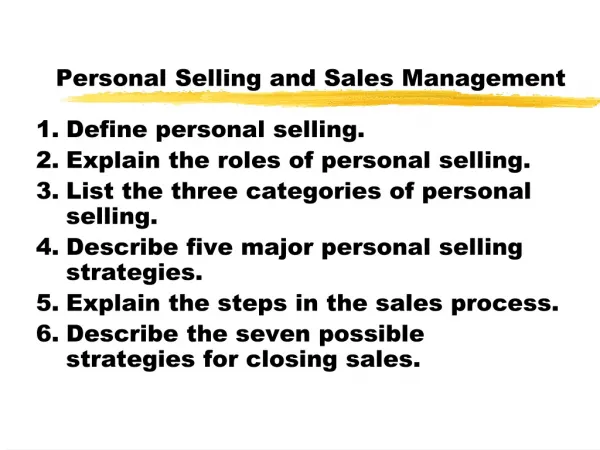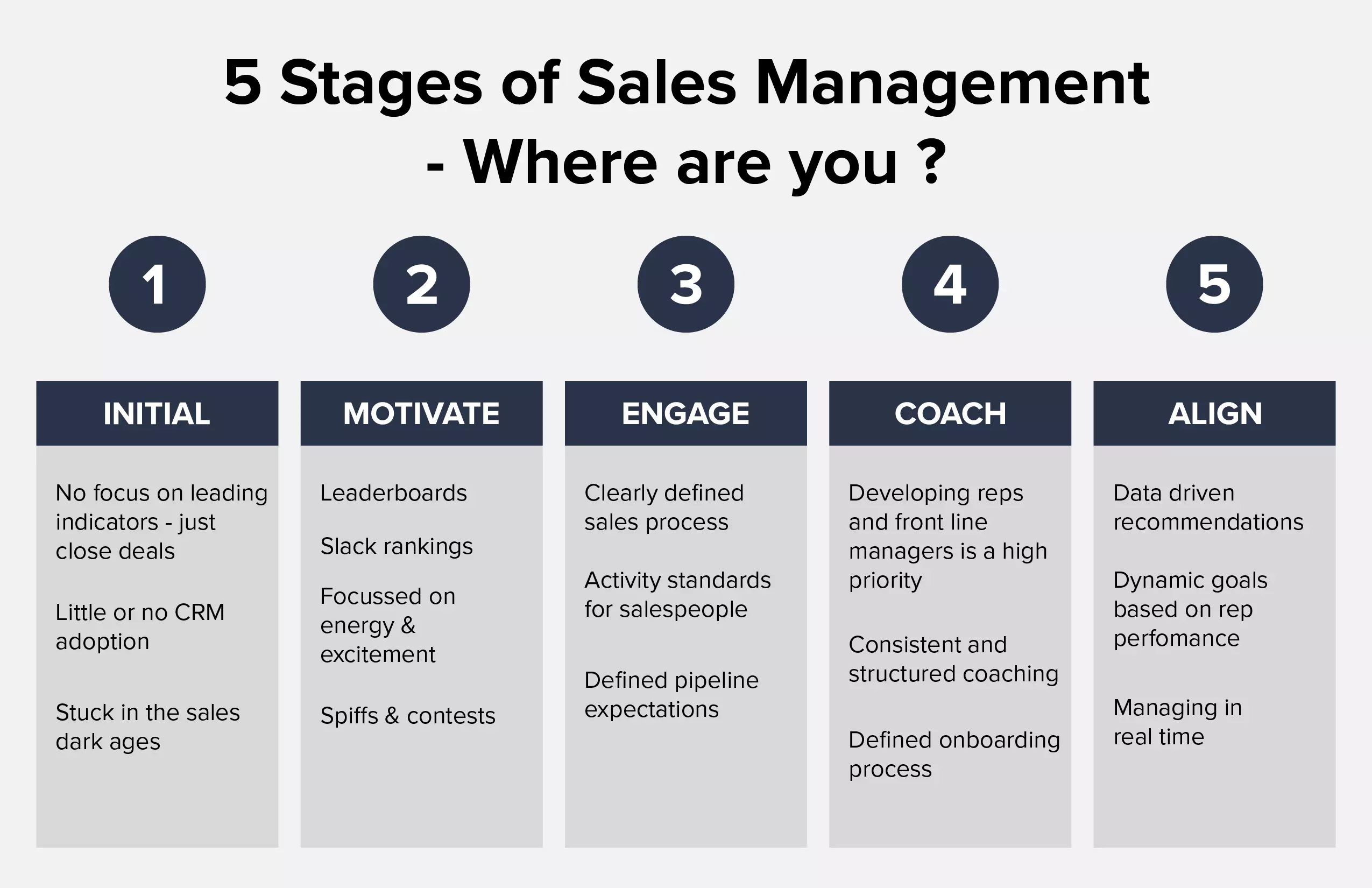Journal Of Personal Selling & Sales Management

For decades, the Journal of Personal Selling & Sales Management (JPSSM) has served as a leading academic resource for sales scholars and practitioners. The journal's influence on sales strategies, training methodologies, and ethical considerations continues to shape the industry.
This article delves into the history, scope, impact, and future directions of JPSSM. It examines how the journal has evolved to address the changing landscape of sales, and how it contributes to both academic rigor and practical application.
The History and Scope of JPSSM
Founded in 1981, JPSSM emerged as a dedicated platform for scholarly research in the field of personal selling and sales management. The journal addresses a broad audience, including academics, sales executives, trainers, and consultants.
JPSSM publishes original research articles, conceptual papers, and literature reviews that explore various facets of sales. These facets include sales force management, salesperson performance, sales strategy, customer relationship management, and sales ethics.
Key Milestones and Evolution
Over the years, JPSSM has adapted to reflect changes in the sales environment. The rise of technology, globalization, and evolving customer expectations have all influenced the journal's focus.
The journal's editorial board has consistently striven to maintain high standards of methodological rigor and relevance. It aims to provide both practical implications and theoretical contributions.
Impact on Sales Practice and Academia
JPSSM's influence extends to both the academic and practical domains of sales. Its research provides valuable insights for sales managers looking to improve performance and effectiveness.
Academically, the journal serves as a key source for researchers in marketing, management, and related disciplines. It fosters collaboration and knowledge sharing within the scholarly community.
Examples of Influential Research
Several articles published in JPSSM have had a significant impact on sales practices. These include studies on the effectiveness of different sales techniques, the impact of sales force automation, and the role of emotional intelligence in sales performance.
Research on sales ethics, for example, has helped to promote more responsible and ethical sales practices. Furthermore, studies on customer relationship management (CRM) have improved how companies manage customer interactions.
Current Trends and Future Directions
The field of sales is constantly evolving, and JPSSM continues to adapt to these changes. Recent issues have focused on topics such as digital selling, social selling, and the impact of artificial intelligence on sales.
The journal is also exploring the implications of globalization and cultural diversity on sales strategies. Another important area of focus is the development of sales talent and the future of sales education.
Challenges and Opportunities
One challenge for JPSSM is staying ahead of the curve in a rapidly changing sales environment. The journal must continue to attract high-quality research that addresses the most pressing issues facing sales professionals.
Opportunities exist for JPSSM to expand its reach and impact through collaborations with industry partners. These collaborations could lead to the development of new research projects and the dissemination of research findings to a wider audience.
The Role of the Editorial Board and Contributors
The success of JPSSM is largely due to the dedication of its editorial board and the contributions of its authors. The editorial board, comprised of leading sales scholars, is responsible for reviewing and selecting articles for publication.
Authors from around the world submit their research to JPSSM, contributing to a diverse and global perspective on sales. Their work represents the cutting edge of knowledge in the field.
Notable Figures in JPSSM
Many influential figures in sales research have contributed to JPSSM over the years. Dr. Barton Weitz, a renowned marketing professor, is one such figure. His work on retail strategy and sales force management has been widely cited.
Similarly, Dr. Jagdish Sheth, known for his contributions to relationship marketing and consumer behavior, has also published in JPSSM. The contributions of such experts underscore the journal's commitment to high-quality research.
"JPSSM plays a critical role in advancing the science and practice of sales. It is an essential resource for anyone interested in understanding the dynamics of personal selling and sales management," said a representative from the Sales Education Foundation.
Conclusion
The Journal of Personal Selling & Sales Management has established itself as a leading voice in the field of sales. Its rigorous research and practical insights have shaped sales practices and contributed to the advancement of sales knowledge.
As the sales environment continues to evolve, JPSSM will undoubtedly remain a vital resource for academics and practitioners alike. Its commitment to excellence ensures its continued relevance and impact on the world of sales.


















